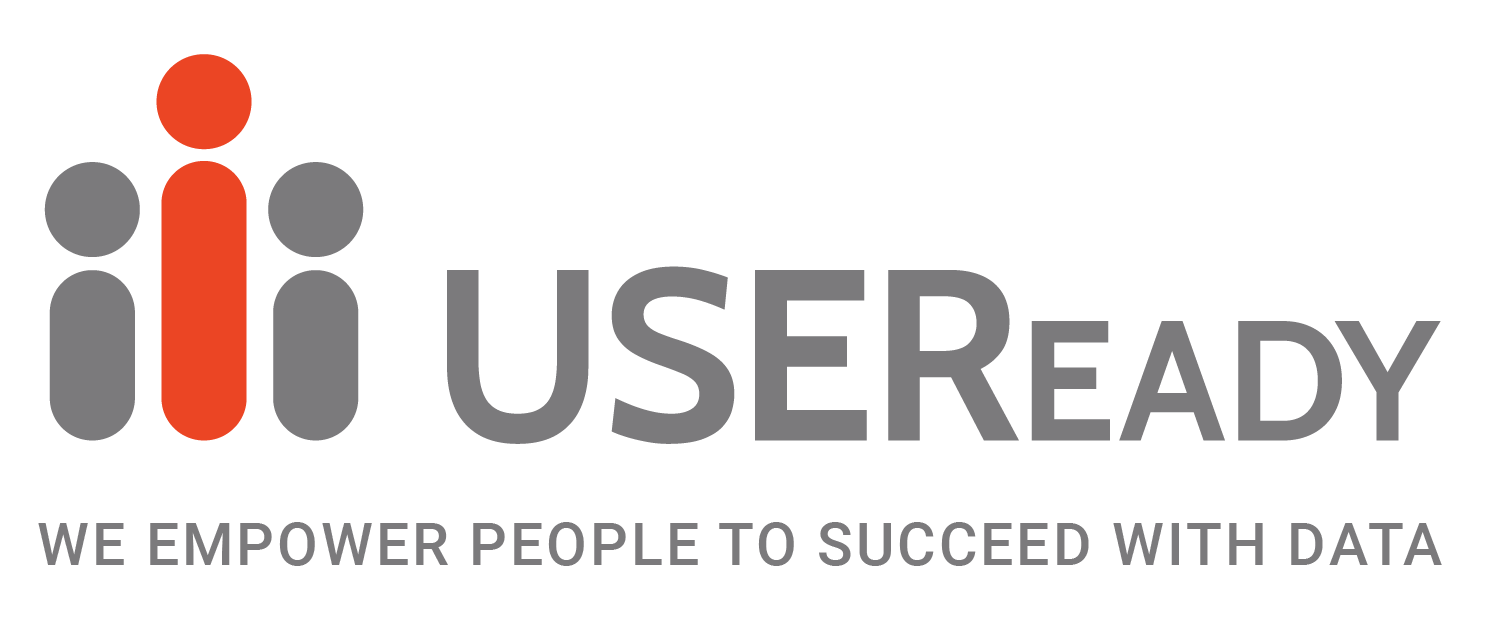Navigating the Impact: AI’s Role in Shaping the Future of Data Jobs
AI and Machine Learning Transforming Industries, Data, and Analytics
Will AI Systems Replace Human Jobs in Data and Analytics?
AI’s Impact on Data Professionals’ Roles
Artificial Intelligence and machine learning are the future of nearly every industry, especially data and analytics.
Humans losing jobs to robots has been the preoccupation of economists and sci-fi writers alike for almost 100 years. AI systems are the next perceived threat to human jobs, but which jobs? Is this true? Let’s find out.
The conversation around artificial intelligence (AI) has reached a fever pitch over the past few months with the advent of mass-market generative AI models like ChatGPT. These powerful technologies can potentially revolutionize numerous job functions, including data analysis and data engineering.
Generative AI Capabilities by Writing SQL, Python, and R Code
Evolving Efficiency of AI-Generated Code
How will AI help you with data related jobs
Strength and Growth for the Data Analysis Profession Journey
Will AI replace data related jobs?
Short answer, No.
AI and machine learning have long been tools in the data analysis toolbox, even before ChatGPT’s ascendance. And all the while, the data analysis profession has gone from strength to strength. The demand for data professionals is predicted to grow by an impressive 36 percent through 2031, far outpacing the average.
Counterpoint? AI matters. The technology won’t render data analysts or engineers or scientists redundant, but it will reshape (and is already reshaping) the nature of work and the value data professionals bring to your business.
AI’s influence in data analysis can only grow, automating even more parts of an analyst’s job. But as things stand, the human touch remains irreplaceable for interpreting data and managing AI tools.
No matter how advanced AI models become, they can’t duplicate vital analyst skills like critical thinking, strategic planning, emotional intelligence and ethical judgment. As we increasingly lean on AI solutions, the value of people skills will be more evident than ever.
The “Human” in the AI mix
While AI tools can certainly assist with parts of the data analysis process, human skills like creativity, critical thinking, and communication remain invaluable. Machines may identify insights, but humans are needed to determine which insights are most relevant and impactful. Humans are also better equipped to communicate those insights clearly to stakeholders in ways that drive business value.
There are also ethical considerations with AI. While algorithms can process data at scale, they lack human judgment in assessing ethical implications. Humans are needed to provide oversight, considering potential biases and ensuring responsible use of data.
Each business and dataset is unique. While AI can provide generalized support, human analysts understand company-specific needs and can customize analysis accordingly. Humans are also better positioned to develop long-term data strategies that align with broader business goals.
Where We Stand Today
At this point, we know that generative AI can write SQL, Python, and R code. We can also assume the efficiency of the code they produce will only get better over time with continuous fine-tuning. But that’s just the start.
Providing user-friendly means to analyse data is nothing new. It will always have incredible value. Indeed, it is a multi-billion-dollar industry that continues to grow. However, these tools have no use without domain knowledge. This applies to any data analysis, regardless of the tool(s) being used. Even if it’s generative AI. Without domain knowledge, we do not know what questions to ask of our data. And even if the questions were provided to us, how do we interpret our findings?
And in my view, the greatest value of data analysis work lies in its ability to answer ad hoc questions. Unforeseen, mission-critical questions. Complex, multi-layered, nonlinear types of questions. Answering these questions requires domain knowledge.
Data Jobs in Artificial Intelligence
Artificial Intelligence will replace Data related Jobs
Artificial Intelligence assist Data professionals
Conclusion
There is no doubt that AI will reshape the workflows in data analysis and data engineering. Repetitive types of tasks or even analyses will in time be performed by generative AI. AI analytics systems can really add value, doing the heavy lifting that humans don’t really want to do anyway, and augment hard-working data engineers to tackle the challenging problems that will lead to bigger rewards for the company down the line.
Staying ahead of this curve, teaching yourself to use new tools as they become available, and maintaining awareness of areas where the human touch is still necessary, is the key to thriving in the age of AI. With human oversight and expertise combined with the scale and speed of AI, data teams are empowered to drive insights and impact like never before.


